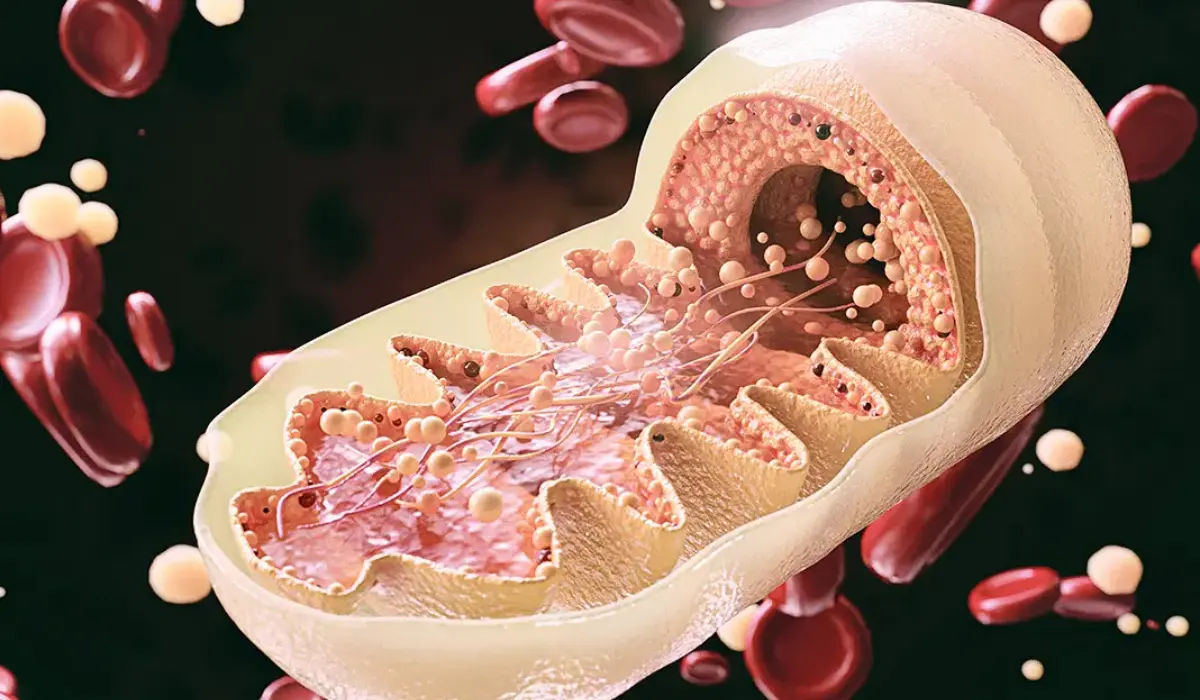Mitochondria are specialized structures within cells that generate energy for cellular processes. They have their own DNA and machinery to produce ATP, the main energy molecule used by cells.
Research over the past few decades has uncovered that mitochondrial dysfunction plays a role in many neurological disorders. Understanding the link between mitochondria and neurological conditions provides insight into causes and possible treatment targets.
What Are Mitochondria?

Mitochondria are double-membraned, bean-shaped organelles found in the cytoplasm of eukaryotic cells. They have their own DNA, called mitochondrial DNA (mtDNA), which is inherited maternally.
Mitochondria are sometimes referred to as the “powerhouses” of the cell because they generate most of the cell’s supply of ATP through a process called oxidative phosphorylation. This involves the electron transport chain on the inner mitochondrial membrane and results in the synthesis of ATP. Mitochondria play critical roles in regulating calcium homeostasis, cell death via apoptosis, and the generation of reactive oxygen species.
They are essential for proper neuronal functioning due to the high energy demands of nerve cells for maintaining membrane potentials and propagating action potentials along axons.
Neurological Disorders And Mitochondria
Alzheimer’s Disease
In Alzheimer’s disease, toxic amyloid beta and tau proteins accumulate and form plaques and tangles in the brain. This damages neurons and impairs cognition. Studies show that mitochondria around plaques are abnormal. Mitochondrial dysfunction likely contributes to reduced energy, increased oxidative stress, and eventually neuron death. Boosting mitochondria may help provide needed energy to protect neurons.
Parkinson’s Disease
Parkinson’s involves the degradation of dopamine neurons and the buildup of alpha-synuclein proteins called Lewy bodies. Mitochondria fragments have been found in Lewy bodies, indicating impaired function. Toxins that inhibit mitochondria also cause Parkinson ’s-like symptoms. Supporting mitochondria energy production may help dopamine neurons survive.
ALS
Amyotrophic lateral sclerosis (ALS) is characterized by the death of motor neurons. In inherited forms of ALS, mutations in genes related to mitochondrial function have been identified. Spinal cord motor neurons have abnormal mitochondria. Improving mitochondrial health could provide needed energy for ailing motor neurons.
Multiple Sclerosis
In multiple sclerosis, myelin insulation around nerve fibers is damaged, disrupting signaling. While the causes are not fully clear, decreased activity of mitochondria has been observed in affected nerve fibers. This impairs energy production and contributes to damage. Therapies that support neuronal mitochondria may protect nerves.
Epilepsy
Seizures in epilepsy involve bursts of electrical activity in neurons. Mitochondrial defects that allow excess calcium to build up in neurons can make them more excitable. Mitochondria-targeted antioxidants and energy support may help stabilize neuronal membranes and raise the seizure threshold.
Final Thoughts
Research increasingly highlights mitochondria’s central role in neurological disorders. Mitochondrial dysfunction likely contributes to—or in some cases causes—the cellular stresses and neuron death underlying the symptoms of many conditions.
As we better understand mitochondrial mechanisms in these disorders, it opens possibilities for new treatment approaches focused on protecting and restoring normal mitochondrial function. Supporting neuronal energy metabolism using targeted antioxidants, mitochondrial cofactors, or other novel strategies may provide clinical benefits to patients.
FAQ
The main functions of mitochondria are producing ATP energy, regulating calcium, generating reactive oxygen species for signaling, and controlling cell death pathways like apoptosis.
Mitochondrial dysfunction can lead to reduced energy production, excess oxidative stress, buildup of calcium, and activation of cell death pathways. All of these effects can damage and kill neurons.
There are no cures yet for primary mitochondrial diseases. Supportive treatments aim to boost mitochondrial function and manage symptoms. New gene therapies look promising for correcting certain genetic defects impacting mitochondria.
Some supplements believed to support mitochondria include coenzyme Q10, B vitamins, lipoic acid, acetyl-L-carnitine, magnesium, and omega-3 fatty acids. Check with your doctor before taking new supplements.
Yes, research shows that exercise boosts mitochondria function and may help protect neurons. Both strength training and aerobic exercise can benefit mitochondria.

